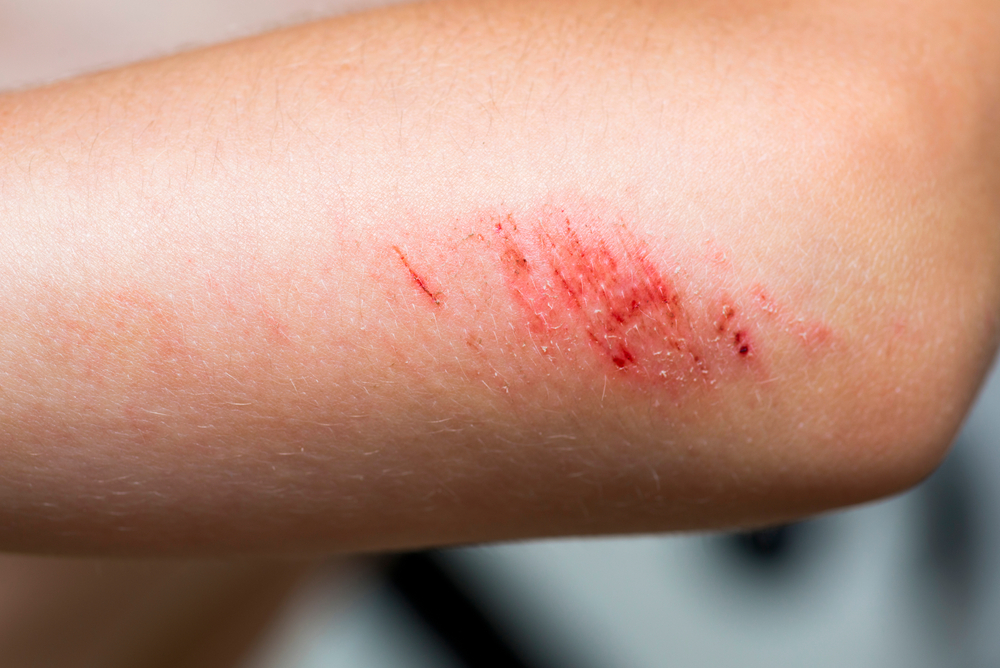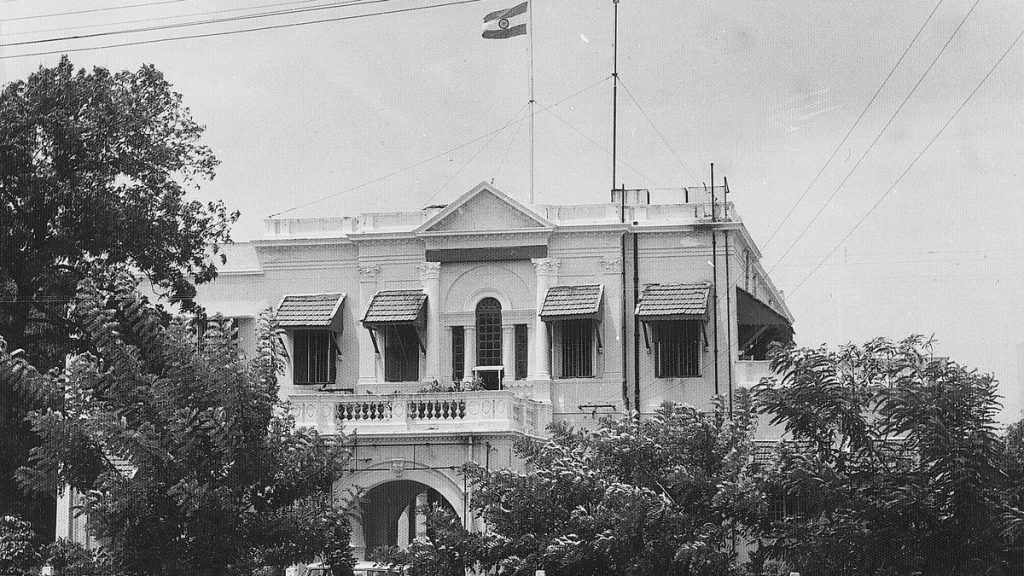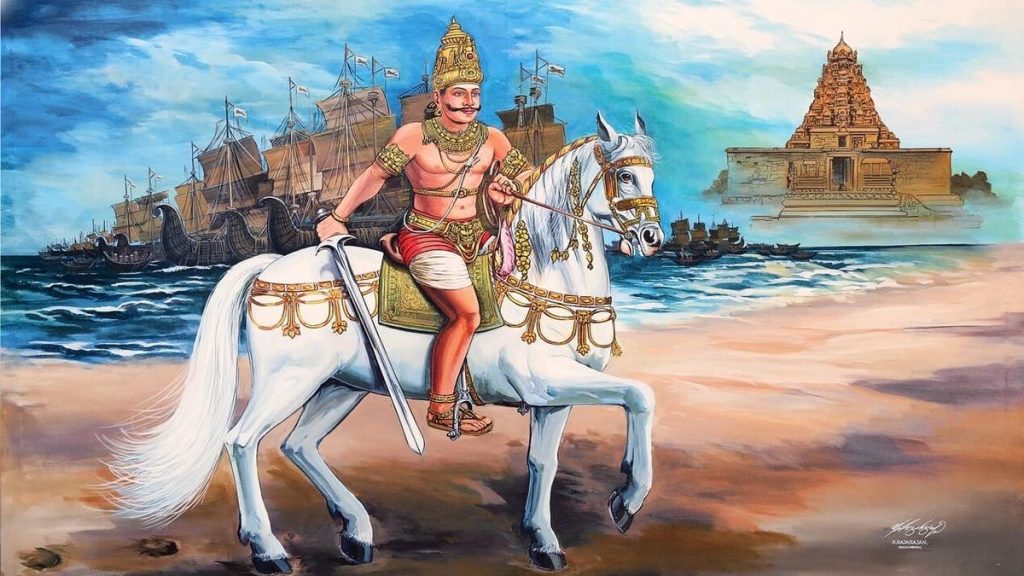Now Reading: Humans Heal Slower Than Primates, Possibly Due to Lack of Fur
-
01
Humans Heal Slower Than Primates, Possibly Due to Lack of Fur
Humans Heal Slower Than Primates, Possibly Due to Lack of Fur

Rapid Summary:
- A study in Proceedings of the Royal Society B: Biological Sciences revealed that human skin heals approximately three times slower than in non-human primates and other mammals, such as mice and rats.
- Researchers attribute this slower healing rate to evolutionary changes tied to humans losing their fur about 2 million years ago.
- Human skin is three to four times thicker than the skin of other primates, which may contribute to slower wound healing.
- Fewer hair follicles in human skin result in fewer stem cells that aid in faster healing processes observed among fur-covered animals.
- Despite slower healing, shedding fur provided humans evolutionary advantages such as sweat glands for better cooling mechanisms critical for survival.
Read More: Humans Take Longer To Heal Than Other Primates
Indian Opinion Analysis:
This study highlights a engaging evolutionary trade-off: while humans gained sweat-based cooling systems essential for thriving under hot climates, they sacrificed faster wound-healing abilities observed in other mammals and primates. India’s tropical climate makes effective thermoregulation vital-sweat glands likely played a crucial role for early settlers adapting here over millennia.Though, slower wound-healing raises public health concerns within diverse ecosystems like India’s where exposure to environmental contaminants is higher due to dense urban areas and agrarian lifestyles. It emphasizes the importance of proactive measures like hygiene education, improved healthcare infrastructure (notably infection treatment), and leveraging advancements from dermatological research.
In essence, while evolution prioritized adaptation over immediate physiological efficiency (healing rates), modern societies must focus on mitigating vulnerabilities stemming from these trade-offs through medical innovation.
read More: How Closely Related Are Humans To Apes?




























